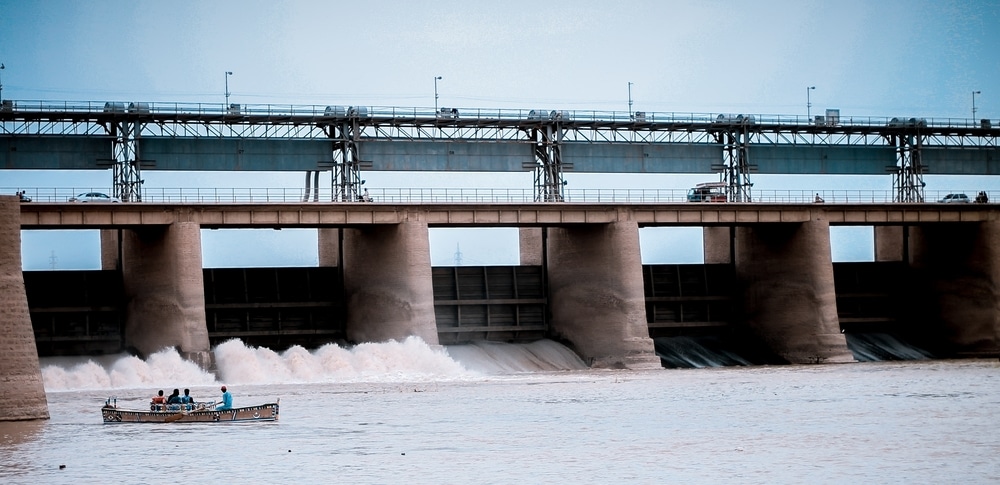
Hydropowered countries suffer higher levels of poverty, corruption and debt, Sussex professor finds
A recent study by the University of Sussex and the International School of Management, Germany has compared the security, political governance, economic development and climate change performance of major hydropower facilities in different countries, against oil-producing and all other countries using 30 years of World Bank data. These hydropower facilities capture the energy of falling water to generate electricity. This is converted to kinetic energy, then into mechanical energy, and finally transformed to electrical energy.
Lead author, Professor Benjamin Sovacool, Professor of Energy Policy from Sussex’s Science Policy Research Unit (SPRU), said the era of the mega hydropower projects such as the Hoover Dam in the US and The Three Gorges in China should be coming to an end in favour of smaller projects.
He added: “Even though hydropower might not bring immediate and all-encompassing benefits to a country, it is still a vital source of renewable energy.”
The study found that countries that rely on the world’s biggest and most established sources of renewable electricity have seen their poverty, corruption and debt levels rise whilst their economy has slowed at significantly greater rates than nations, which have used other energy resources over the last 30 years.
Professor Sovacool said: “Our results bring into focus some of the pernicious trade-offs that can occur as one seeks to transition to large-scale sources of energy supply: bringing in jobs and generating economic activity, but also inviting corruption; seeking to supplant fossil-fuels (and lower carbon emissions), but only by increasing levels of debt, or creating new energy security threats.”